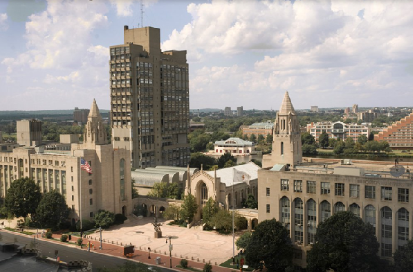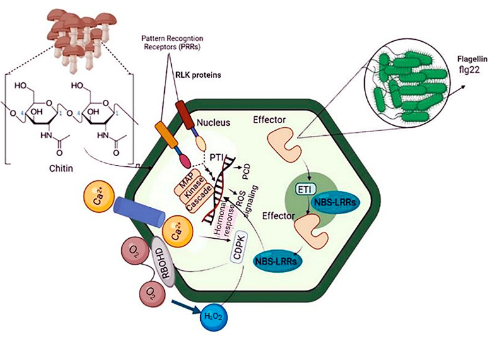The famous Austrian neurologist and father of psychoanalysis, Dr. Sigmund Freud, wrote a letter to his colleague Lou Andreas-Salome in March 1922, complimenting a fellow psychotherapist in Calcutta (now Kolkata). This was the first Indian psychologist, Dr. Girindrasekhar Bose. Bose’s important contributions to the discipline of psychoanalysis were recognized in Freud’s letter, which also highlighted the formation of a group under his leadership.
Born in Darbhanga, Bihar, on January 30, 1887, Dr. Bose played a significant role in the introduction of psychoanalysis and mental health services to India. Bose was the youngest of nine siblings, and his father, Chandrasekhar, worked as a Dewan for a Maharaja in the community. In 1916, Bose enrolled at Calcutta University in a new graduate program in psychology following his graduation from Presidency College and earning his M.D. This was a big decision because it was the start of his psychological journey.
Bose finished his doctoral studies in psychology in 1921 at an Indian university, presenting his thesis on “The Concept of Repression.” Freud became interested in his work and they corresponded for a considerable amount of time. Over nearly two decades, Bose and Freud exchanged ideas, notes, and comments despite never having met in person.
Bose made significant contributions to psychology. He established the first psychiatric outpatient department in India on May 1, 1933, at the Carmichael Medical College in Kolkata, which is currently known as Dr. RG Kar Medical College. In India, this was a groundbreaking attempt to provide mental health care. On June 26, 1922, Bose also founded the Indian Psychoanalytical Society, which was the country’s first psychoanalytical society. The Bose family once lived at 14 Parsibagan Lane, which is now the organization’s headquarters.
Bose’s theoretical contributions had an impact. He created the theory of “opposite wishes,” which he explained in his correspondence with Freud. According to this view, there are two competing forms that every wish has in a person’s mind: conscious and unconscious. Bose asserts that when one wish is granted, tension arises until the other wish is granted as well. This idea demonstrated his in-depth familiarity with psychoanalytic theory and made a substantial addition to our knowledge of human psychology.
Bose’s contributions to theory and practical application were both noteworthy aspects of his work. He established the foundation for mental health care and psychoanalysis in India by founding the country’s first psychiatric facility and a psychoanalytical society. His work introduced and popularized these fields in a nation where they had not been before.
All things considered, Dr. Girindrasekhar Bose was a groundbreaking psychoanalyst who greatly advanced psychology in India. Through his work, psychoanalytic theory was introduced to India and fundamental mental health services were formed, combining Eastern and Western approaches to psychology. His theoretical contributions and interaction with Freud had a long-lasting effect on the advancement of psychology in the area.








